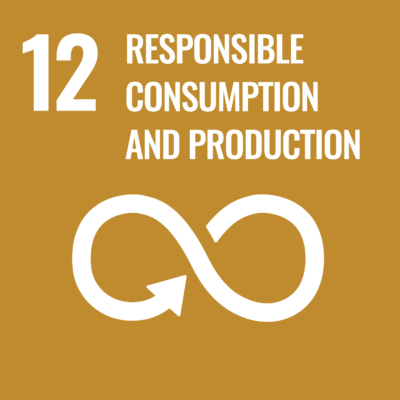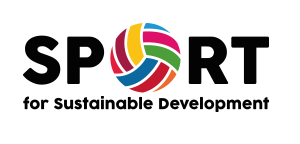
GLOBAL INTRODUCTION OF THE GOAL WITH SOME STATISTICS
Sustainable consumption and production are about promoting resource and energy efficiency, sustainable infrastructure, and providing access to basic services, green and decent jobs and a better quality of life for all. Its implementation helps to achieve overall development plans, reduce future economic, environmental and social costs, strengthen economic competitiveness and reduce poverty.
In April 2020, Ursula von der Leyen, European Commission’s President, talking about the EU action on the coronavirus crisis, had the possibility to affirm that in this situation “Investing in large scale renovation, renewables, clean transport, sustainable food and nature restoration will be even more important than ever before”. So, as a global leader, Europe plays an important role in defining programs aimed at achieving the Sustainable Development Goals. According to a new Eurobarometer survey (Attitudes of European citizens towards the Environment, published in March 2020), 94% of Europeans think that “the most effective ways of tackling environmental problems are ‘changing the way we consume’ and ‘changing the way we produce and trade’”.
The responsibility is felt also at an international level: ILO Director-General Guy Ryder, referring to both the role of Youth and the SDG 12 as a transversal key of the Agenda, has highlighted that the access to productive and decent work is the best way young people can realize their aspirations, improve their living conditions and actively participate in society. Decent work for youth strengthens economies and creates a cadre of young consumers, savers and producers.
HOW CAN SPORT BE USEFUL TO REACH THE GOAL?
Sustainability and responsible consumption and production have become a major issue also for the international sports movement. In fact, despite sport being part of the problem of wasting (historically, sports facilities have been heavy producers of trash), it can be also part of the solution.
Developing and implementing measures to guarantee sustainable practices during the organization of sport events, or supporting the renovation of the school gym and sport club facilities is a win-win situation.
In this sense, we don’t have to forget the power that sport has not only for the youngest generation but even for the community as a whole. This could mean not only a positive image for the organizers of sporting competitions (and for the sponsors) but even possible incentives by public authorities, who may be interested in hosting major sports events.
The Tokyo Organising Committee of the Olympic and Paralympic Games wants to be a pioneer in creating a 100% sustainable event: the 3Rs Concept “Reduce, Reuse and Recycle” will be the motto at the next event! In fact, during the Games, recyclable paper containers for meals will be provided to spectators to encourage their use. The major goal is aimed for a “Zero wasting” where resources are fully utilised.
In any case, even without the huge financial assets available to the Tokyo Organising Committee and the IOC, and as the sustainability is a transversal priority of European funding, sports associations can take advantage of the funds made available by the Erasmus+ Sport Program to put into action collaborative partnerships in which advance the role sports as a promoter of a better sustainable society and economy
Examples
Sustainability Essentials: A series of practical guides for the Olympic Movement
See the guide
Sports for Climate Action (IOC) manual
See the manual
Finnish events show the way for circular economy in sport
https://sustainabilityreport.com/2020/03/26/finnish-events-show-the-way-for-circular-economy-in-sport/
FEI Sustainability Handbook for Event Organisers
https://inside.fei.org/fei/your-role/organisers/handbook
GRN Sportswear
https://www.youtube.com/watch?v=lBol2qD-EsE



